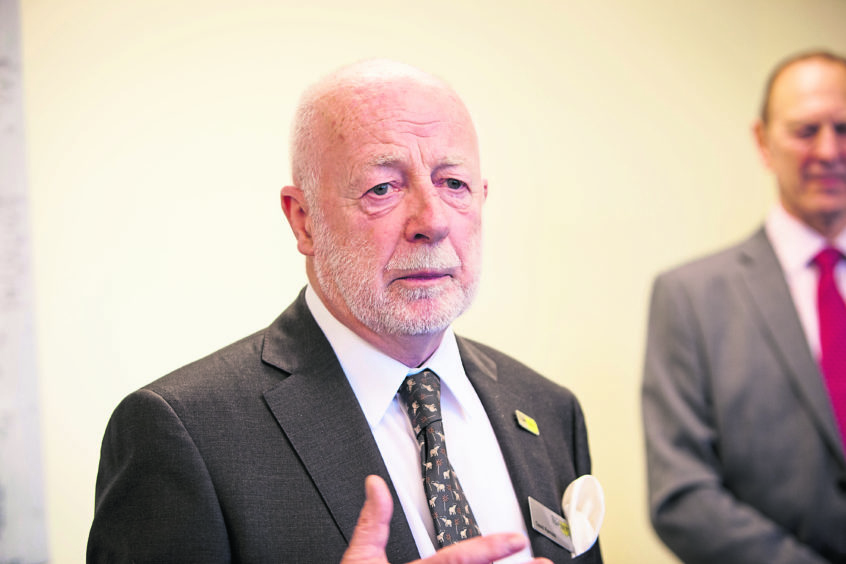
“Knowledge is everything” may be an overstatement, but every aspect of all businesses, from planning, to project management, to safe operations, requires detailed knowledge.
London taxi drivers are the best in any major city in the world, because they take an average of four years to do and pass The Knowledge.
This is a combination of training, investigation and practice. You have probably seen individuals on mopeds with clipboards riding around the city learning their complicated routes.
The point is that investigation is the first step in gaining knowledge, so it is wrong to think that it is only about dealing with results of an ‘accident’ or incident where something serious has gone wrong. Investigation is the first step in planning.
How else can we expect projects to run to time, be on budget, and meet the expected operational criteria?
In order to have successful risk assessments, including Bowtie, Hazid and Hazop, we first have to investigate.
Exactly the same is required in developing and running quality systems, assessing financial performance and engineering assurance.
In looking at these, it is clear that investigation is very much more than looking at failure, but looking at current successes and how we plan for the future, whatever our type of business.
Probably the biggest example of a failure to investigate and gain enough advance knowledge that we have found in over 30 years at Kelvin TOP-SET, was a major company losing £500,000 because they didn’t apply front end engineering techniques.
They failed to investigate and understand the problem that they were seeking to solve.
We can easily avoid this and other types of failure by investigating and understanding the problem in advance, and then take appropriate steps to achieve a successful outcome.
There is nothing in life that we do that doesn’t require investigation, from home and domestic situations, such as buying a house or a car, right through to constructing and running an oil production platform.
Since 1986 in most major industries all around the world we have been training individuals and groups in the Kelvin TOP-SET investigation methodology.
TOP-SET has helped these people gain the skills to be confident in obtaining consistent investigation results. Gaining these skills is achieved by short, intensive training courses.
These academically- sound programmes, which count towards continuous professional development (CPD), are based on a proven and straightforward system.
Knowledge is important, but it is the application of this knowledge that makes the real difference.
This is achieved by working with an experienced tutor in small groups on case studies and exercises that apply the unique TOP-SET model to real situations.
Attendees, while learning and practising investigative skills, including interviewing, problem solving and root cause analysis have the opportunity to meet and work with others from their own and other industries, so that there is genuine sharing of ideas and understanding of the application of the technique.
The focus on gaining knowledge, skills and understanding is achieved by sound training.
We should all see that investigation is a positive and essential means of running successful operations.
Recommended for you
